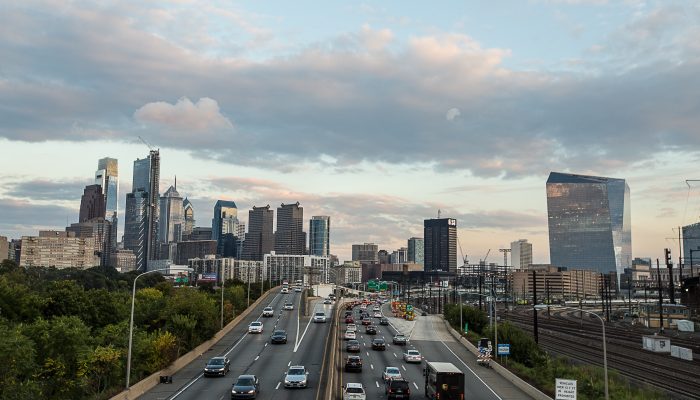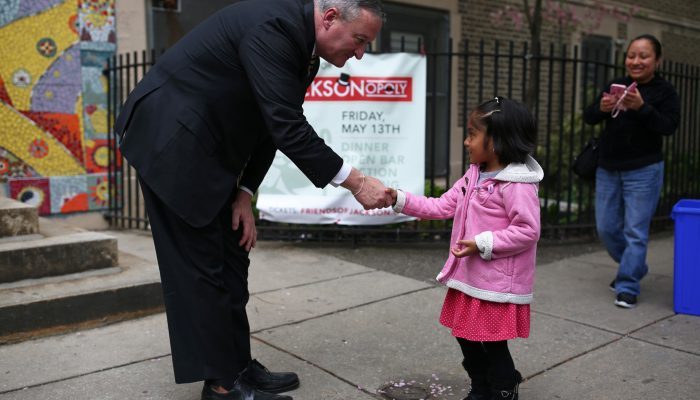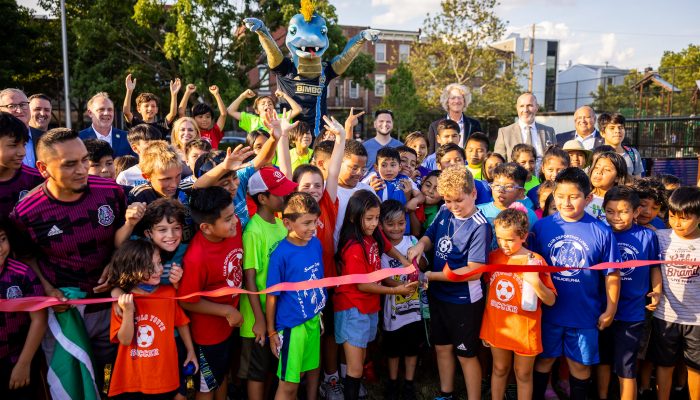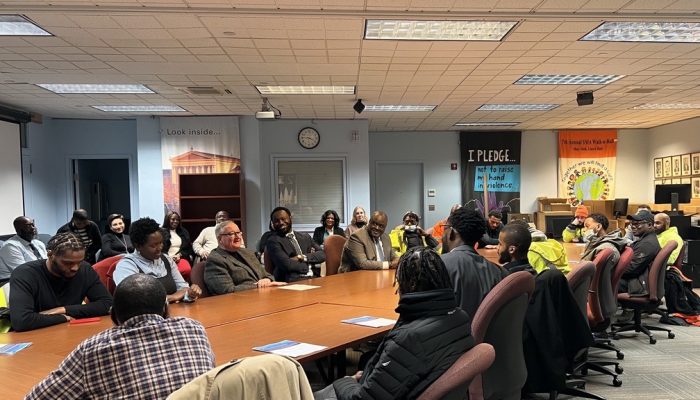Right now, the opioid crisis is creating a public health challenge that is devastating communities.
As the crisis has worsened, encampment sites have popped up in the Kensington area. Individuals have gathered at these sites to use drugs, and many have ended up living there. This has severely impacted the health and safety of local residents in the surrounding neighborhood. At the same time, more than 1,200 people died from an overdose in 2017.
Doing nothing was not an option.
The City recently completed a pilot encampment action plan for this area as part of our latest efforts in combating the opioid crisis. In addition to providing critical services, this plan focused on finding permanent housing for those in the encampments.
The preliminary results of this innovative pilot are very encouraging. More people entered treatment in the first two weeks of the pilot than in the prior six months. However, there is still more work to do.
What is the Philly Encampment Pilot?
The goal of this pilot was to get as many people as possible off the street and connected with the services they need within a period of 30 days. We brought services directly to those living in the encampments and offered individuals immediate access to treatment.
The pilot occurred from April 30 – May 30, 2018.
Where is it?
The pilot served two of the four encampment sites in the Kensington area, the section of the city most affected by the opioid crisis. The two sites in the pilot are Kensington and Tulip streets north of Lehigh.
What happened during the pilot?
The plan included a multi-phase approach, with the first phase consisting of outreach and engagement efforts to those living in the encampments. The outreach phase included the development of a by-name list of those in the encampment and intensive, daily outreach to assess their needs and connect them to services, including respite and treatment.
In partnership with neighborhood-based non-profit providers, the City provided services to individuals on the list. A total of 90 beds were available to house those who were living in the encampments.
The City worked with non-profit providers to provide immediate access to treatment. A mobile outreach and recovery van was also on site to provide medical care and immediate transportation to services. Police also amped up enforcement in the area to accompany the offer of services.
Police are now securing the area to prevent more individuals from living at the sites. The 24th and 25th Police Districts enforced the closing by issuing citations to those who refused to remove their belongings.
Efforts were also made to ensure that occupants had proper notice that the encampments were being shut down. Notices in English and Spanish were posted at the two encampments and other designated areas announcing the camps’ permanent closing.
How is the plan succeeding?
Over 120 people have received services. About 40% of those have gone into treatment. More than two dozen people also received ID cards, which nearly half of those surveyed identified as a barrier to leaving the camps.
We’re still evaluating the pilot, but progress is clearly being made. More people from the camps went into treatment from the camps in the first two weeks of the pilot than in the previous six months. This is as close as we have ever gotten as a system to treatment on-demand.
What is next?
Now that the pilot has concluded, the Police are working to lock down the area to prevent more individuals from returning to the sites.
We will continue to provide outreach services in the area in hopes of connecting those who left the encampments with housing and treatment services.
An assessment of the program will also be done to determine just how effective the pilot was. The City will make a determination when that is completed on how to proceed with the two other encampment sites in Kensington. Additional funds would also need to be secured in order to serve the other two sites.
We will keep working to find lasting solutions to this public health crisis.




